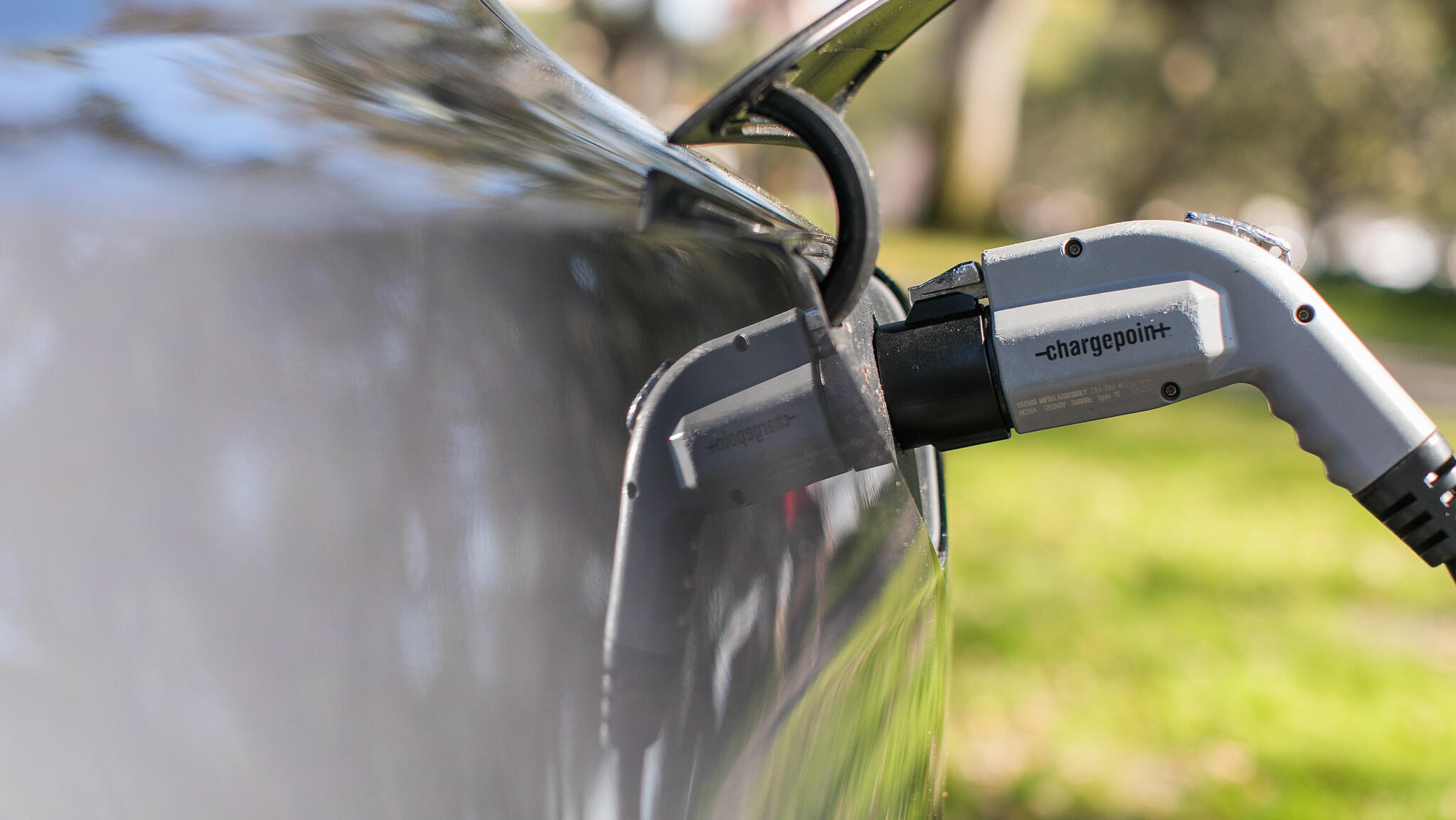UPDATED: Sales of Tesla and Polestar electric vehicles rose in December but fell in 2024, according to data from the Electric Vehicle Council (EVC).
The peak body for the EV industry said Tesla and Polestar sold 3,771 battery EVs in December 2024, a 45.15% increase from the 2,598 sold in December 2023.
However, sales across the full year do not tell the same story with 40,060 battery EVs sold in 2024, a 17.3% decrease from the 48,577 sold in 2023.
The same pattern can be seen in Tesla sales with an increase in December sales but a decrease in sales for the year. In December 2024, 3,593 Teslas were sold, 63.91% more than the 2,192 in December 2023. Across 2024, 38,347 were sold, a 16.85% decrease from 46,120 in 2023.
Polestar saw decreases in December and the full year. In December 2024, 178 were sold, a 56.16% decrease from 406 in December 2023. Overall in 2024 sales fell 30.28% to 1,713 from 2,457 in 2023.
The Federal Chamber of Automotive Industries (FCAI) reported that 1,220,607 new vehicles were sold, which is Australia’s best year on record, and that Australians are increasingly making choices regarding environmental outcomes.
“While the sales of battery electric vehicles are lower than expected, this is offset to a degree by an increasing number of buyers turning to hybrid and plug-in hybrid models which make up 14.1 per cent and 1.9 per cent of the total market respectively,” FCAI Chief Executive, Tony Weber said.
The lower number of battery electric vehicles is being replicated across the world
“Manufacturers in the UK, Europe and the USA are under pressure because they have made huge investments to manufacture EVs, but customers are not buying them in the numbers needed to meet emission targets and to provide a return on investment,” Weber said.
Weber said he encourages the Australian and Commonwealth Governments to follow in other countries' footsteps to set regulations ahead of available zero-emissions technologies.
“In Australia, ideally, we will continue to see governments continue to invest in EV recharging infrastructure across the country,” he said.
“The Commonwealth Government should apply revenue raised through NVES penalties to recharging infrastructure.
“In addition, I urge the Commonwealth Government to support its emissions reduction policies by considering ongoing consumer support such as a continuation of the FBT exemption for plug-in hybrid vehicles which is due to end on 1 April 2025.”
The EVC is also encouraging the Federal Government to establish a public vehicle sales dashboard as a free source of data to inform policy, planning and research.
